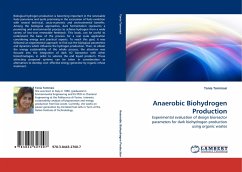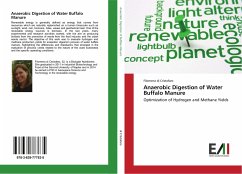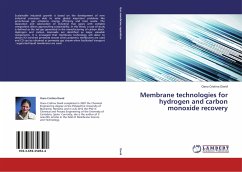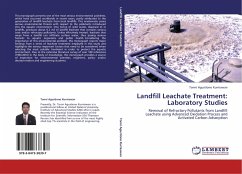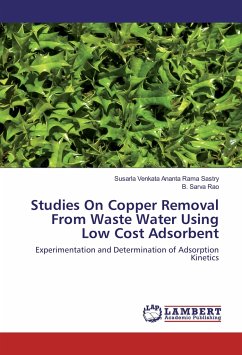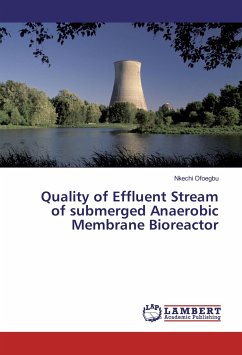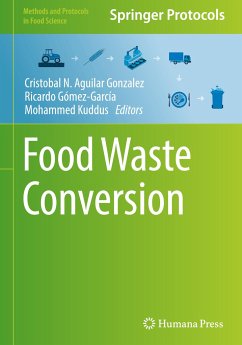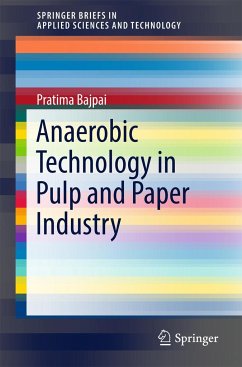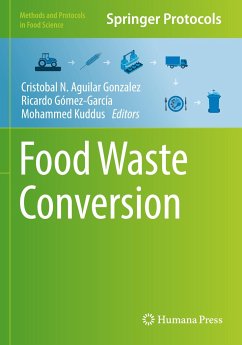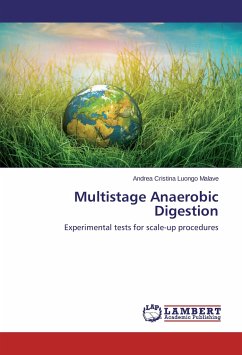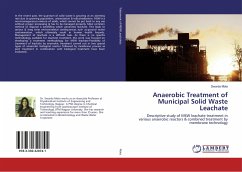
Anaerobic Treatment of Municipal Solid Waste Leachate
Descriptive study of MSW leachate treatment in various anaerobic reactors & combined treatment by membrane technology
Versandkostenfrei!
Versandfertig in 6-10 Tagen
43,99 €
inkl. MwSt.

PAYBACK Punkte
22 °P sammeln!
In the recent past, the quantum of solid waste is growing at an alarming rate due to growing population, urbanization & industrialization. MSW is a non-homogeneous mixture of solids, which cannot be put back to any use without proper processing & has to be managed properly. Most common method of disposal is landfilling which generates leachate. This leads to serious & long term environmental consequences such as ground water contamination, which ultimately result in human health hazards. Management of leachate is a difficult task. As there is no specific methodology available for leachate trea...
In the recent past, the quantum of solid waste is growing at an alarming rate due to growing population, urbanization & industrialization. MSW is a non-homogeneous mixture of solids, which cannot be put back to any use without proper processing & has to be managed properly. Most common method of disposal is landfilling which generates leachate. This leads to serious & long term environmental consequences such as ground water contamination, which ultimately result in human health hazards. Management of leachate is a difficult task. As there is no specific methodology available for leachate treatment, this work was focused on developing a treatment methodology for MSW leachate Feasibility of treatment of leachate by anaerobic treatment carried out in two special types of anaerobic biological reactor followed by membrane process as post treatment in combination with biological treatment have been evaluated.



